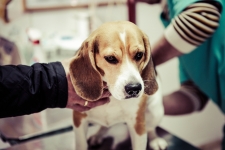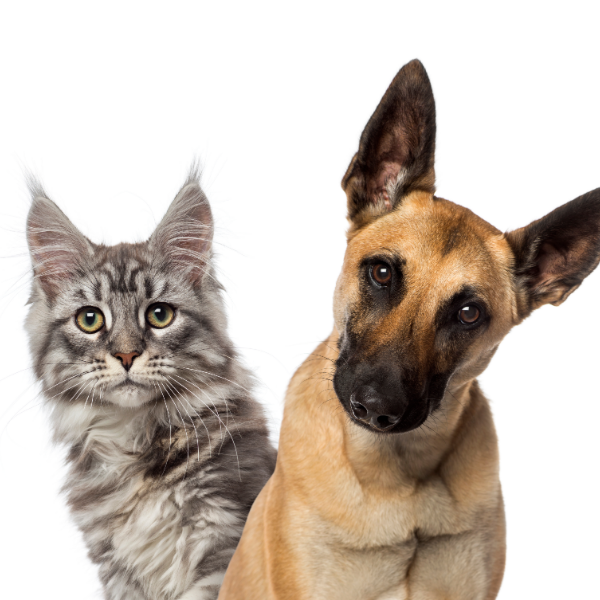There are several reasons your pet might be experiencing digestive unrest. Below are the most common reasons, and some tips for helping them back on the road to wellness.
1. Poor Diet
This would be the place to start. What is your pet eating? Does he/she get any real food? If processed foods are the main food source, consider how this affects health in humans. We know that eating a processed food diet with little fresh food in the diet can cause a wide array of health problems including obesity, skin problems, behavioral issues, immune system problems, and digestive distress. Consider switching your pet to a raw food diet or at least a cooked food diet if you can’t quite fathom feeding raw.
2.The Microbiome: The “Good” Bacteria
In layman's terms, there are “good” bacteria and “bad” bacteria within your pet’s digestive system which needs to be “in balance” in order to maintain a healthy gut. More recently, we have learned that the digestive system (or bacteria in the gut) plays a huge role in immunological health (the body’s ability to fight off viruses and pathogens). Various externalities can cause a decrease in healthy bacteria being taken over by the “bad” bacteria, for example; if your pet has received antibiotic treatment, or experienced a serious digestive emergency, or if your pet has been eating a commercial diet for several years. To restore your pet’s digestive health, you can provide a whole food diet including a probiotic supplement containing acidophilus, Bifidus, and other healthy bacteria. Not only do these healthy bacteria keep the “not-so-nice bugs” in check, but they also synthesize important vitamins and enzymes that are vital for good health.
3. Enzyme Deficiency
Enzyme deficiency isn’t often recognized as a problem unless the organs are under serious stress. But there are warning signs that are detectable long before organ disease occurs. Frequent vomiting and diarrhea would be major indicators. If your pet eats a commercial diet, he’s not getting any dietary enzymes. While these nutrients aren’t recognized as essential by American Feed Official (AAFCO) standards, they are most likely essential biologically. Human studies are showing that dietary enzymes play an important role in health. A raw diet will provide plenty of raw enzymes, and, if more are needed, you can also add a digestive enzyme supplement.
4.Underlying Disease
If your pet starts displaying a pattern of digestive unrest, it’s time to talk to your vet and look into any possible underlying diseases. It’s important to ensure that Fluffy isn’t sick because of an infection or some type of disease. Digestive problems can arise if the liver, pancreas, kidneys, and other internal organs aren’t functioning correctly. Make sure you rule this out to avoid serious illness in the future. A simple health check and blood test can tell you a lot, and quickly. It's also useful to be able to compare previous results with the new ones to catch potential health issues early.
These four areas are the best place to start when it comes to solving digestive issues. If you feel like you’ve tried it all, talk with your holistic vet and contact us for free nutrition and holistic pet care advice.



